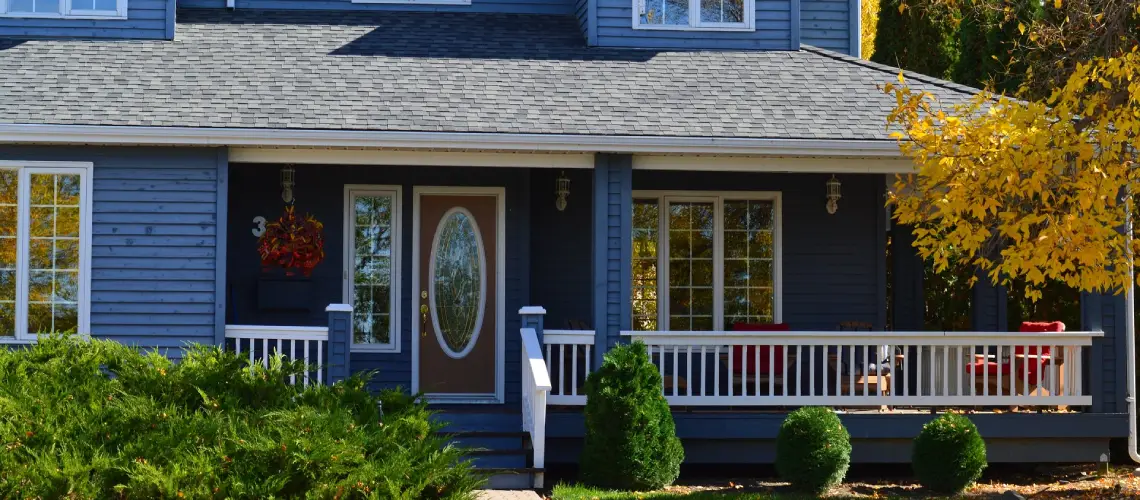Whether you’re buying, selling, refinancing, or managing an estate, working with a qualified Brisbane property valuer can make all the difference.
An accurate, independent property valuation provides the clarity and confidence needed to make informed decisions in Queensland’s evolving real estate market.
From riverfront apartments in New Farm to acreage blocks in the western suburbs, property types vary widely in Brisbane — so choosing the right local valuer is essential.
In this guide, we’ll explain what property valuers do, how to choose the right one in Brisbane, and what you can expect from the process.
What Does a Property Valuer Do?
A property valuer is a certified professional who determines the fair market value of residential, commercial, or rural properties.
Unlike real estate agents (who provide informal appraisals for marketing), property valuers provide:
- Independent assessments
- Legally recognised reports
- Data-backed valuations used by banks, courts, and insurers
In Brisbane, valuations are commonly used for:
- Home loan and refinancing applications
- Buying and selling guidance
- Family law settlements and deceased estates
- Capital gains tax calculations
- SMSF reporting and insurance purposes
Why Local Knowledge Matters in Brisbane
Brisbane’s property market is diverse and suburb-driven. A property valuer must understand:
- Suburb-level trends: e.g. Ascot vs. Annerley
- Property types: high-set Queenslanders, townhouses, new developments
- Zoning regulations and overlays: flood zones, character overlays, and development potential
- Infrastructure impact: Cross River Rail, Brisbane Metro, Olympic upgrades
Without local expertise, a valuer may misjudge comparable sales or fail to recognise unique features influencing your property’s value.
How to Choose the Right Property Valuer in Brisbane
Check Certification
Ensure your valuer is:
- A Certified Practising Valuer (CPV) via the Australian Property Institute (API), or
- Accredited through the Royal Institution of Chartered Surveyors (RICS)
These designations ensure adherence to ethical standards and valuation methodology.
Confirm Local Suburb Experience
Ask if the valuer regularly works in your suburb or region of Brisbane.
For example, a valuer who knows Norman Park well may not be as suitable for acreage properties in Pullenvale or Samford Valley.
Know Their Specialisation
Some valuers focus on:
- Residential homes and apartments
- Rural and lifestyle properties
- Commercial or industrial buildings
- Development sites and feasibility reports
Choose someone with a track record relevant to your needs.
Ask About Turnaround Time and Cost
Valuation turnaround in Brisbane is usually 2–5 business days for standard residential reports.
Expect to pay:
- $400–$700 for a standard house or unit
- $800+ for prestige or complex properties
- Custom quotes for commercial or large-scale assets
Ensure the quote includes the written report and any necessary documentation.
What to Expect from the Valuation Process
Step 1: Engagement
You (or your solicitor/lender) contact the valuer with a brief outlining the purpose — e.g. refinance, sale, tax, or legal matter.
Step 2: On-Site Inspection
The valuer inspects:
- Property size, layout, and orientation
- Building condition and structure
- Renovations and improvements
- Outdoor areas, parking, and site access
- Location-specific considerations (e.g. flood zone, view lines)
They’ll also take photos and measurements during the visit.
Step 3: Research and Analysis
Valuers research:
- Recent comparable sales in your area
- Suburb performance and growth trends
- Council zoning and development restrictions
- Buyer demand and local infrastructure changes
Step 4: Report Delivery
The written report includes:
- Property details and condition
- Analysis of comparable sales
- Valuation methodology used
- Final assessed market value
- Supporting photographs and maps
When Should You Engage a Brisbane Property Valuer?
- When buying or selling a property (especially off-market)
- Before refinancing or applying for a home loan
- Following a renovation or property upgrade
- During separation, divorce, or estate settlements
- For SMSF compliance or CGT planning
- To reassess insurance replacement costs
Tips for a Better Valuation Outcome
- Present the property well: clean, tidy, and in good repair
- Provide documents: plans, renovation receipts, council approvals
- Share any knowledge: recent comparable sales or unique property features
- Be available: ensure the valuer can easily access the site
Conclusion
Hiring a trusted Brisbane property valuer gives you an accurate, unbiased understanding of your property’s value — and the confidence to move forward with clarity.
With local market knowledge, professional certification, and an evidence-based approach, your valuer becomes a critical ally in any real estate, finance, or legal journey.
Whether you’re in the leafy western suburbs, along the bayside, or in an emerging growth corridor, choose a property valuer who understands your patch of Brisbane.
